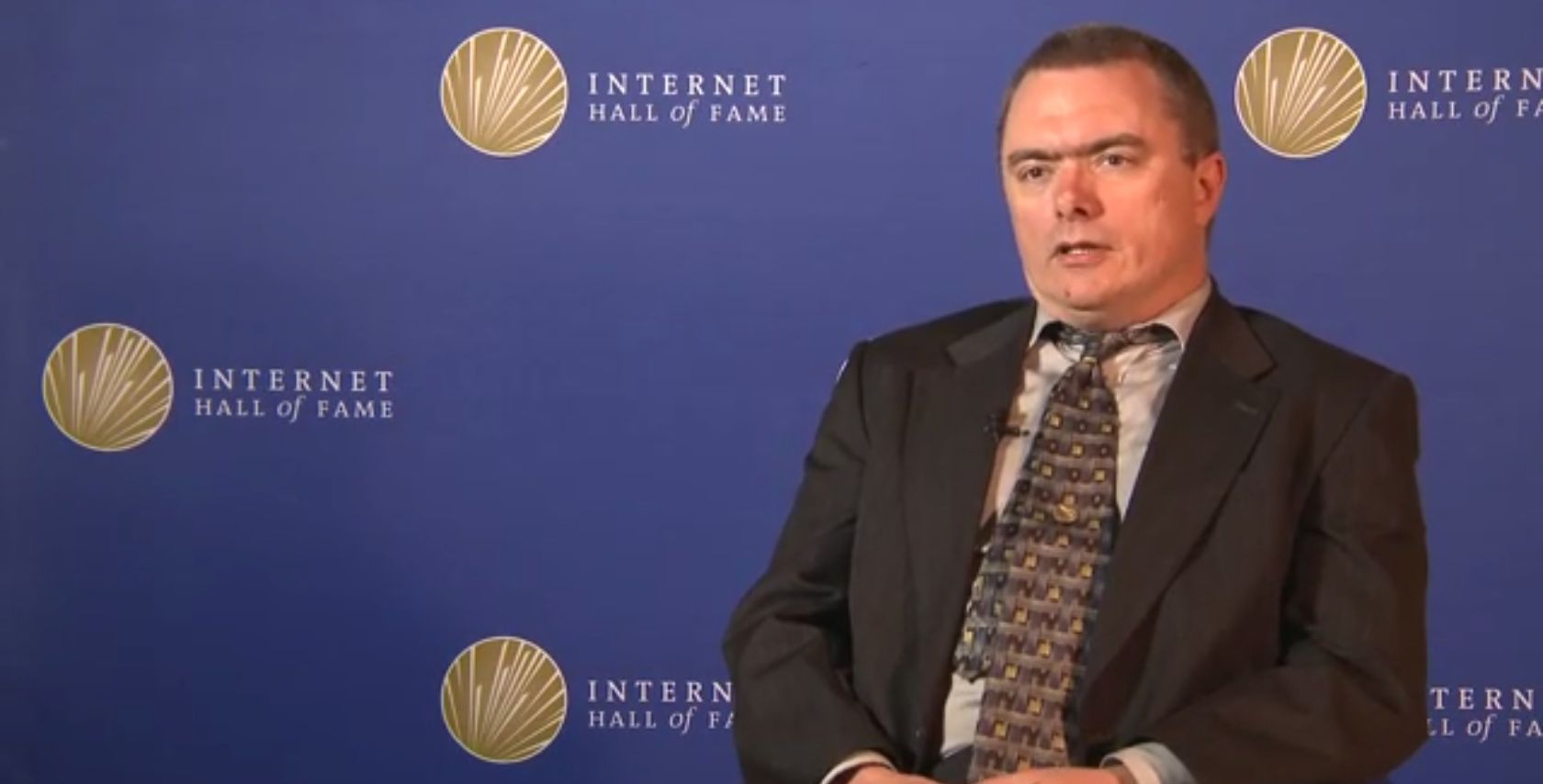
Paul Vixie doesn’t have much hope that the average user can ever be completely safe on the Internet. But he sees some hopeful trends: “The big companies like Apple and Google now are being helpful; for example, it’s nearly impossible to download software by mistake anymore, and that’s a good thing. Also, people are taking their security more seriously, now that we’re reading every day about identity theft at the large department stores, big-box stores and banks that we all use.” Vixie offers these tips for average users of the Internet:
- Don’t use the same password everywhere. Many websites are operated by folks who don’t know much about security. There are lots of password-management options now, including some that create extremely strong, random passwords for you for each website you visit. Use one of these options.
- Use only the latest version of the operating system and software you have on your computer and upgrade them as soon as upgrades become available. That’s because the fixes, patches and upgrades are usually done to improve the security of that system or software. Do not, however, be tricked into accepting fake software or system “upgrade” offers from companies other than the one you bought it from.. “At some point, you’ll have to throw your computer away,” Vixie says. “For example, Windows XP is no longer being supported; that means scammers can digitally “break into” your computer. And don’t try to sell it on eBay, either, because then you’re just passing the problem along to someone else.”
- There’s a certain amount of street-level scamming going on. People can steal your passwords by bumping into you on the street and asking to use your cellphone, or even asking for spare change. Don’t fall for it. “Think of the Internet as a big city,” Vixie says. “When you’re online, pay attention to every pop-up just as you would to people popping up on the street and trying to talk to you. Assume it’s a scam, until you know otherwise.”